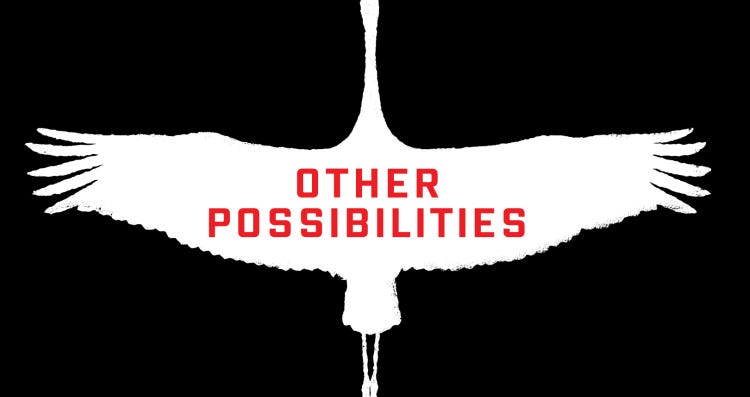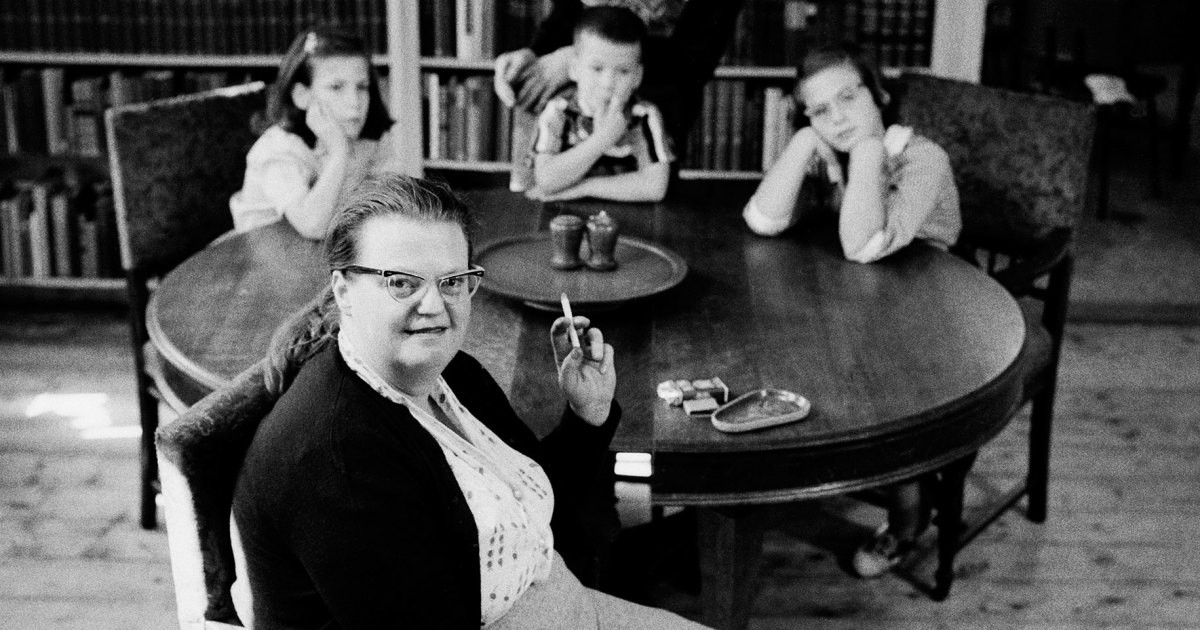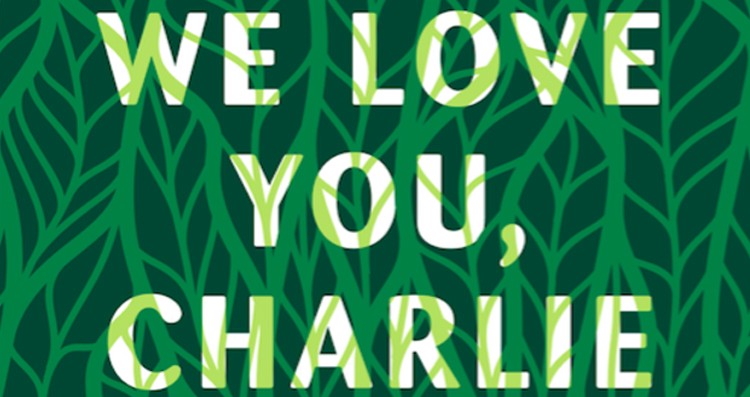Books & Culture
Secrets and Lies of Second-Generation Americans
Vanessa Hua’s debut collection explores the cultural machinery driving the lives of Asians in America

Stories of the second-generation American experience have become infinitely more complex. No longer are characters just caught between two monolithic cultures: the foreign and the American. As the world has becomes more globally connected and as identities become ever more fractured, the new second-generation American is a clever, survivalist animal forced to navigate a Frankenstein-like culture that has its own logic-less logic. Vanessa Hua’s debut collection Deceit and Other Possibilities explores the unusual compromises Asian Americans must make to confront both the expectations foisted upon them and perhaps more dangerously, their own expectations in an America that seems to make less sense with each passing day.
As the title hints, often these compromises take the form of lies — characters lying to others and lying to themselves. In the story “The Responsibility of Deceit,” Calvin is a dutiful son of Chinese immigrants, an engineer, the pride of his middle class parents in Northern California. The only catch is the inconvenient truth that he is dating Peter, a white friend from college. Though Calvin’s parents live in the liberal Bay Area, they retain the traditional and conservative values of their generation and their home country. When they see footage of an Asian/Pacific Islander group at a Gay Pride parade on an evening newscast, Calvin’s parents dismiss them, pointing out that the marchers are Thai and Filipino, not Chinese. Calvin explains the lengths to which the entire family goes to dismiss the possibility that Calvin is gay.
“My parents adhered to strict Chinese traditions that we learned to circumvent. Over the years, we shared the responsibility of deceit, the big and little secrets that oiled the machinery of family expectations.”
Calvin’s assertion that hiding his sexuality is, in fact, far more than just an individual’s act of keeping a secret, is one of the central themes of Hua’s collection. The American immigrant experience in Deceit and Other Possibilities is a complex machine — a bureaucracy — that many individuals keep running by telling lies big and small. It is a spiritually exhausting work that requires a cleverness that white Americans simply do not need to develop.
For Elaine Park, the protagonist of “Accepted,” bureaucracy is exactly what allows her to tell her church group that she was accepted to Stanford University when she, in fact, was not. She lies that another Elaine Park was rejected, not her. This story is ripped from the headlines. In 2007, an 18-year-old from Orange County named Azia Kim moved into the Stanford dorms, made friends, found roommates, and pretended to be a sophomore biology major for eight months before finally getting caught. She’s one of several recent high-schoolers who felt so much parental pressure to make it into an elite college that they engaged in elaborate hoaxes. (Feel free to Google: Jung Yoon Kim or Jennifer Pan).
Elaine follows through with her big lie, showing up at campus and talking a freshman into letting her crash in her dorm. For an entire semester, she pretends to be enrolled, going as far as to fake her transcripts.
“That’s when it hit me: an unofficial transcript was easy to fake, without requiring a watermark or school seal, Courier font in Microsoft Word. With it, I’d apply for the ROTC honor roll. I’d never become Dr. Kim, but with a resume listing my honors and awards, I’d get an internship, and later on, a job to support my parents. Weren’t tech startups full of dropouts? I hit delete and dropped my A to a B+ in Hum Bio. It didn’t seem fair to give myself an F for a class I wasn’t enrolled in. I decided the grades should reflect my efforts and no one, knowing the lengths I’d gone to, could question mine.”
The lengths she goes to fulfill the rarefied expectations of her parents is an example of the specifically Asian mutation of the second-generation American experience. Honesty and the happiness of the children are valued less than the material emblems of success that the family and community can take pride in.
The most conventional story in Hua’s collection is also the strongest one. In “Harte Lake,” Anna mourns the sudden death of her husband, Ken, by doing a difficult hike in Yosemite alone, a hike they had planned to do together. She runs into bad weather, gets lost, and soon, her life is in danger. As she struggles to survive, she continues to mourn Ken, diving deep into recollections about their marriage, his infidelity, and the compromises she made for their union. In this touching passage, she recalls the wilderness survival checklist that she and her husband had run through when he was alive:
“She and Ken had gone over what to do in case of emergency…Broken leg? Get the victim back to the tent, keep them warm and elevate the leg. Run like hell for help. And even, what to do in a snowstorm? Stay put, stay dry. Zip the sleeping bags together for warmth.
In each of the scenarios, Anna now realized, the plan involved both of them.”
Previously a reporter for the San Francisco Chronicle, Hua’s journalistic background comes through in her work. The strongest stories feel like the best news features, such as “What We Have Is What We Need,” the only piece in the collection to star non-Asian characters (the protagonists are an illegal immigrant family from Mexico).

A few stories, such as “Line, Please,” about an American-born Chinese man who returns to Hong Kong and becomes a Cantopop star, have exciting and original premises, but end up feeling overstuffed and unresolved. Overall, the collection is a strong representation of Hua’s eye for the most complicated aspects of the second-generation American experience, one that goes well beyond the buzzwords of identity politics and inflammatory headlines of the day.









